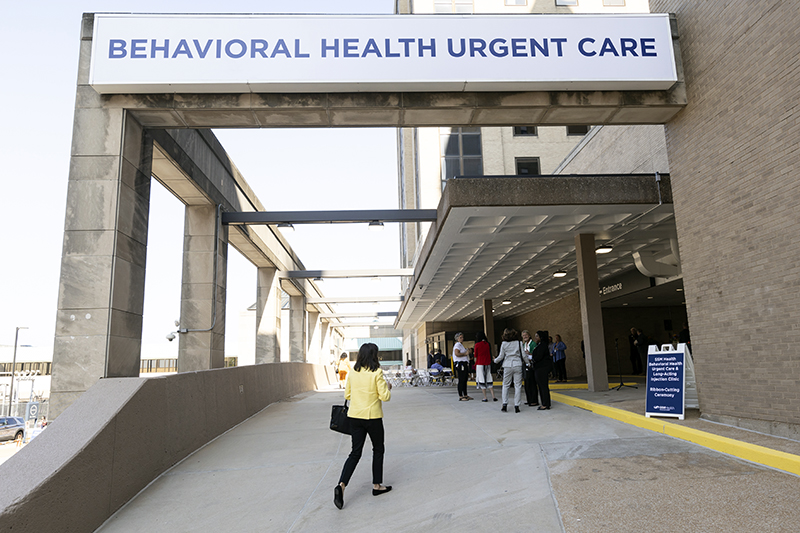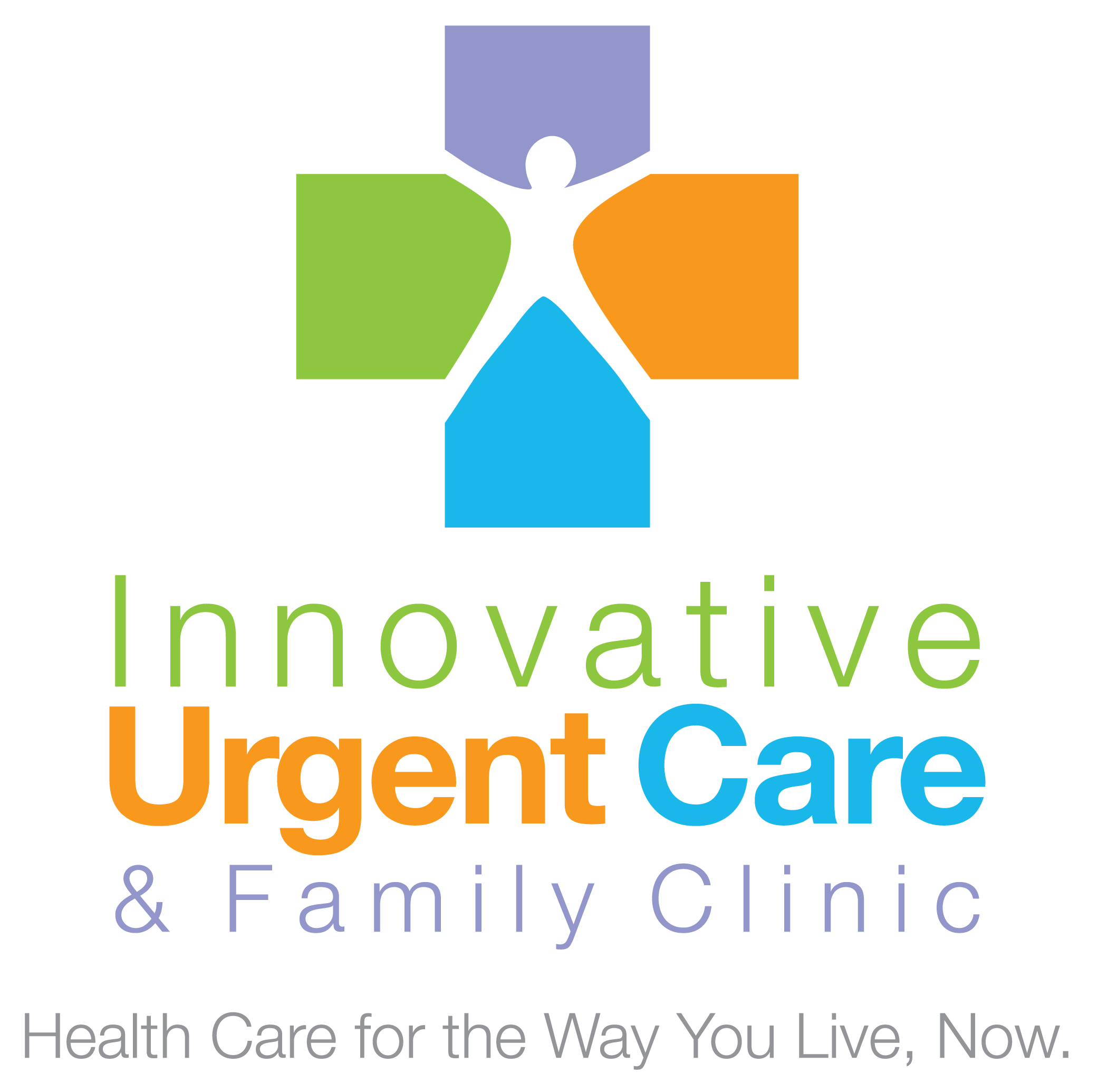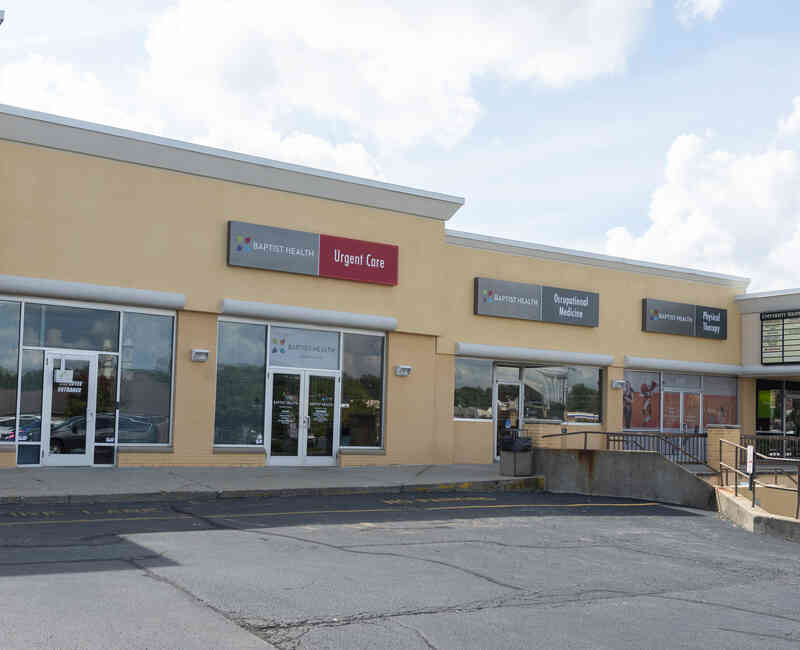Essential Services Supplied by Clinics Specializing in Urgent Care
Essential Services Supplied by Clinics Specializing in Urgent Care
Blog Article
How Urgent Care Clinics Enhance Accessibility to Health Care for Sufferers With Immediate however Non-Emergent Medical Demands
Urgent care centers have arised as an essential element in the healthcare landscape, attending to the requirements of patients who require immediate interest for non-emergent problems. By operating beyond typical workplace hours and using a structured strategy to minor injuries and illnesses, these centers not only reduce the burden on emergency divisions yet additionally boost total client access to timely care. As we take into consideration the effects of this model, it becomes vital to take a look at just how urgent care clinics are transforming person experiences and end results in ways that merit more expedition.
Duty of Urgent Treatment Clinics
Immediate care facilities play a vital function in the medical care system by providing prompt and obtainable medical services for non-life-threatening problems. These facilities offer as a necessary bridge in between key care suppliers and emergency situation departments, efficiently easing the worry on healthcare facilities while ensuring patients obtain prompt treatment. By running expanded hours, including weekends and evenings, immediate treatment centers deal with individuals who might not have the adaptability to see a conventional medical professional's workplace throughout conventional company hours.
The range of solutions used at urgent treatment clinics consists of therapy for small injuries, diseases, and diagnostic solutions such as X-rays and lab tests. This breadth of treatment permits people to resolve a range of wellness worries without the lengthy delay times usually related to emergency situation spaces. Furthermore, urgent care centers typically use a varied group of medical care professionals, consisting of doctors, registered nurse professionals, and doctor aides, who are furnished to manage various medical scenarios.
Advantages of Immediate Access

Furthermore, immediate accessibility lowers the concern on medical care service providers and emergency situation departments by diverting less crucial instances to ideal settings. This eases congestion in emergency clinic, allowing those with true emergencies to obtain the urgent treatment they require without unnecessary hold-ups.
Furthermore, the convenience of extensive hours and walk-in schedule suggests that individuals can look for care without the need for consultations, which is particularly valuable for people with unpredictable routines or those who might experience sudden health problems. - Urgent Care
The ease of access of urgent treatment facilities promotes an aggressive strategy to wellness, encouraging clients to seek clinical guidance and therapy faster instead than later. This not just improves client fulfillment but likewise advertises a society of preventative treatment, eventually leading to healthier communities.
Contrast With Emergency Situation Areas
Regularly, clients discover themselves uncertain whether to go to an immediate treatment center or an emergency situation area when encountered with a medical concern. Urgent care facilities are designed to deal with immediate yet non-emergent clinical problems, such as minor injuries, infections, or health problems.
In comparison, emergency clinic are equipped to take care of life-threatening situations and extreme medical emergency situations, such as cardiovascular disease, strokes, or major trauma. These facilities provide advanced analysis tools and specialist assessments, which can result in longer wait times for clients with less important problems. Generally, emergency situation spaces often tend to be much more pricey than immediate care clinics, making immediate care a more economical choice for non-emergent needs.
Ultimately, while both immediate care facilities and emergency rooms play essential functions in the medical care system, understanding their particular functions permits people to select the ideal setting based upon the seriousness and nature of their clinical concerns.
Services Provided by Urgent Care
Immediate care facilities offer a broad array of solutions customized to deal with non-emergent clinical requirements, making them a convenient alternative for patients looking for prompt focus. These centers are equipped to handle various problems, consisting of minor cracks, sprains, and lacerations, which need immediate care but do not necessitate emergency situation area intervention.
Furthermore, immediate care centers offer diagnostic solutions such as X-rays and lab examinations, permitting quicker evaluation and therapy of health problems. Patients frequently existing with common conditions like colds, flu, and infections, which can be successfully handled on-site. Immediate treatment centers frequently give preventative services, consisting of vaccinations and health and wellness testings, adding to total public wellness.
One more essential service offered is the management of persistent conditions intensified by severe signs, such as asthma or diabetic issues, ensuring clients receive timely treatment without frustrating emergency services. Many clinics likewise expand their hours beyond traditional workplace schedules, boosting accessibility for clients who may call for treatment during weekends or evenings.
Improving Person Results

Immediate treatment facilities are furnished to manage a series of non-emergent clinical problems, consisting additional info of minor injuries, infections, and health problems. Their emphasis on obtainable, top notch care enables people to get suitable treatments and preventative solutions, promoting better health administration. These clinics often use a multidisciplinary method, incorporating numerous healthcare professionals to guarantee detailed care.
Client education and learning is also an essential component of enhancing end results. Urgent treatment companies frequently supply advice on follow-up treatment, safety nets, and lifestyle modifications, equipping people to take an active duty in their health. As a result, the look at this now combination of prompt access, specialist treatment, and person education and learning not just boosts contentment yet likewise leads to improved lasting wellness outcomes, enhancing the value of immediate care centers in the health care continuum.
Verdict
In summary, urgent treatment facilities offer an important function in boosting medical care access for clients with instant, non-emergent medical needs. Inevitably, urgent care centers are important in connecting the space between primary care and emergency services, guaranteeing accessible and effective health care for neighborhoods.
On average, emergency situation areas have a tendency to be more pricey than urgent treatment facilities, making urgent treatment a more affordable alternative for non-emergent needs. (Urgent Care)

Ultimately, immediate treatment centers are important in linking the void in between primary care and emergency situation solutions, making certain efficient and obtainable medical care for areas.
Report this page